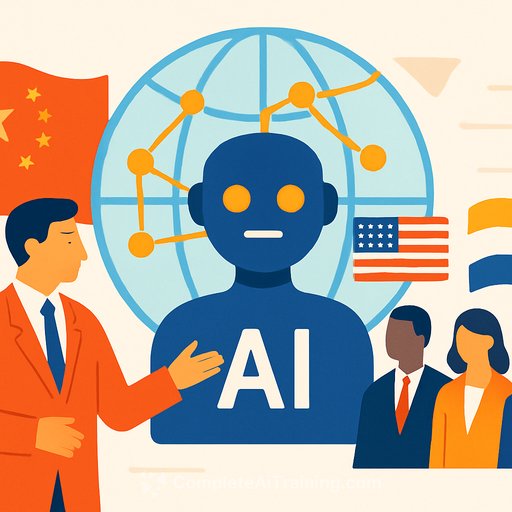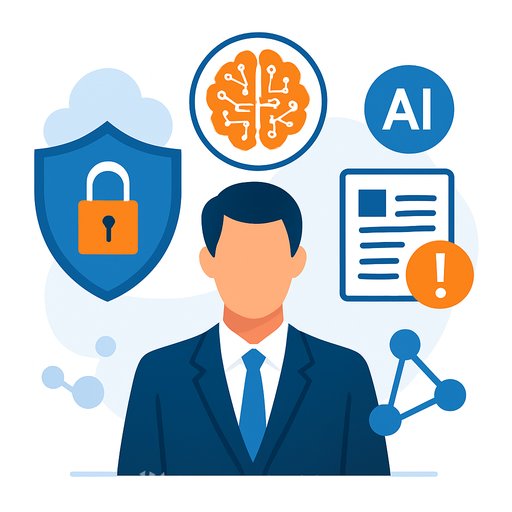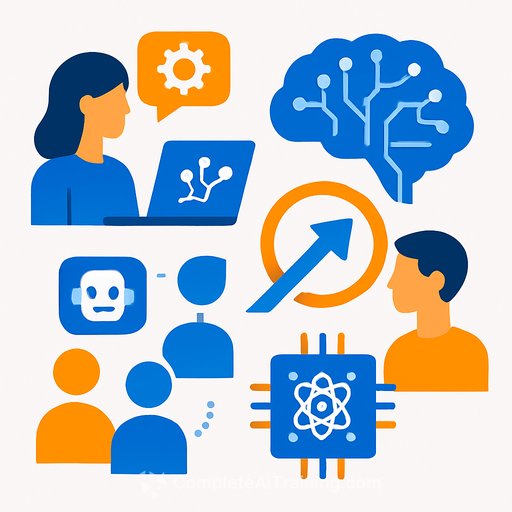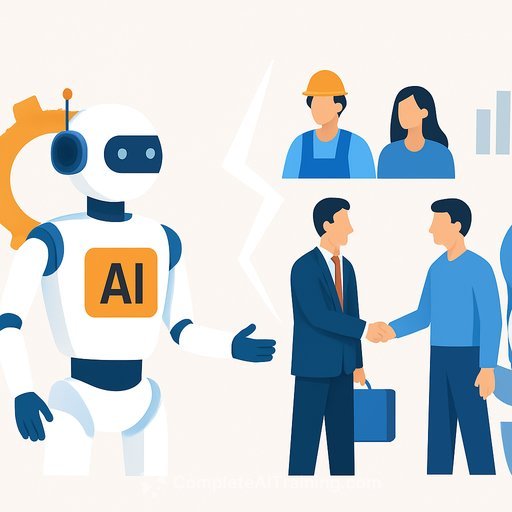China's Premier Warns Against AI Monopoly, Proposes Global Cooperation
China’s Premier Li Qiang announced a bold initiative to establish the World AI Cooperation Organization, aiming to foster international collaboration in artificial intelligence development. This move addresses growing concerns about AI technology becoming monopolized by a limited number of countries or corporations.
Speaking at the World Artificial Intelligence Conference in Shanghai, Li emphasized the risks AI poses—from widespread job displacement to potential economic disruption—and highlighted the need for countries to work together to manage these challenges.
Preventing Concentration of AI Power
“Currently, key resources and capabilities are concentrated in a few countries and a few enterprises,” Li said. He warned that if AI development remains controlled by a small group, it would become an exclusive domain, limiting the benefits to a global audience.
The Premier’s message is clear: global cooperation is essential to ensure AI benefits are shared broadly, rather than reinforcing existing technological divides.
China’s Push Amid Challenges
Despite ongoing semiconductor shortages—a critical bottleneck for AI hardware—China remains committed to advancing its AI ambitions. The success of domestic AI companies like DeepSeek has injected confidence into the country’s tech sector, encouraging accelerated research and product development.
Li reaffirmed President Xi Jinping’s call for policies that support China’s AI goals, signaling strong government backing for the sector’s growth.
Global Context and Competitive Dynamics
The creation of the World AI Cooperation Organization comes amid intense competition between China and the United States to lead AI innovation. Both nations recognize AI’s potential to boost economies and influence geopolitical power balances.
Recent moves by the US, including executive orders to ease regulations for data centers and expand energy supplies, aim to secure a competitive edge for American AI companies like OpenAI and Google.
Shanghai Conference: A Hub for AI Leadership
The annual World Artificial Intelligence Conference in Shanghai serves as a critical gathering for tech leaders, policymakers, and investors. This year’s event, which has hosted figures such as Elon Musk and Jack Ma in the past, is expected to draw record attendance amid this pivotal moment in AI development.
Notable participants include Nobel Prize winner Geoffrey Hinton and former Google CEO Eric Schmidt, who met with Shanghai party chief Chen Jining before their scheduled presentations.
What Executives Should Watch
- International Collaboration: Expect efforts to increase cross-border AI partnerships, which could open new avenues for talent exchange and shared innovation.
- Supply Chain Constraints: Semiconductor shortages remain a critical issue—leaders should monitor how this impacts AI hardware availability and timelines.
- Policy Developments: Stay informed about emerging regulations and initiatives like the World AI Cooperation Organization that could influence global AI governance.
- Competitive Landscape: The US-China race for AI dominance will shape investment priorities and strategic alliances worldwide.
Executives navigating AI strategy will benefit from understanding these dynamics and preparing for a future where cooperation and competition coexist in the AI arena.
For those interested in deepening their AI expertise and staying ahead in this evolving field, exploring advanced courses can provide practical skills and insights. Resources like Complete AI Training’s latest AI courses offer valuable opportunities to build knowledge relevant to this fast-moving sector.
Your membership also unlocks:






